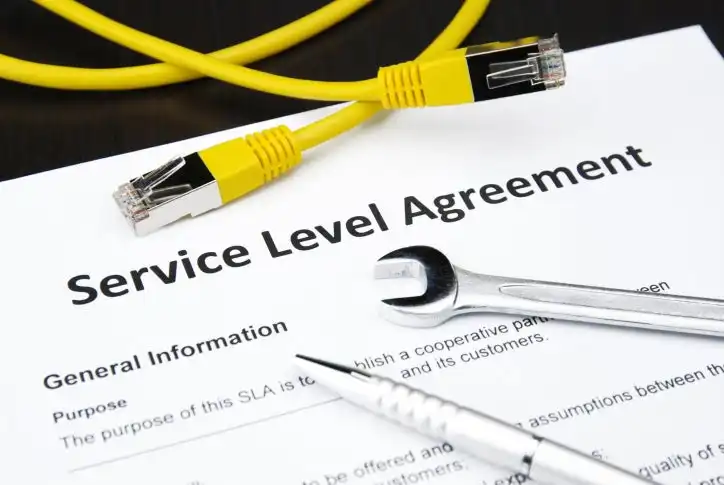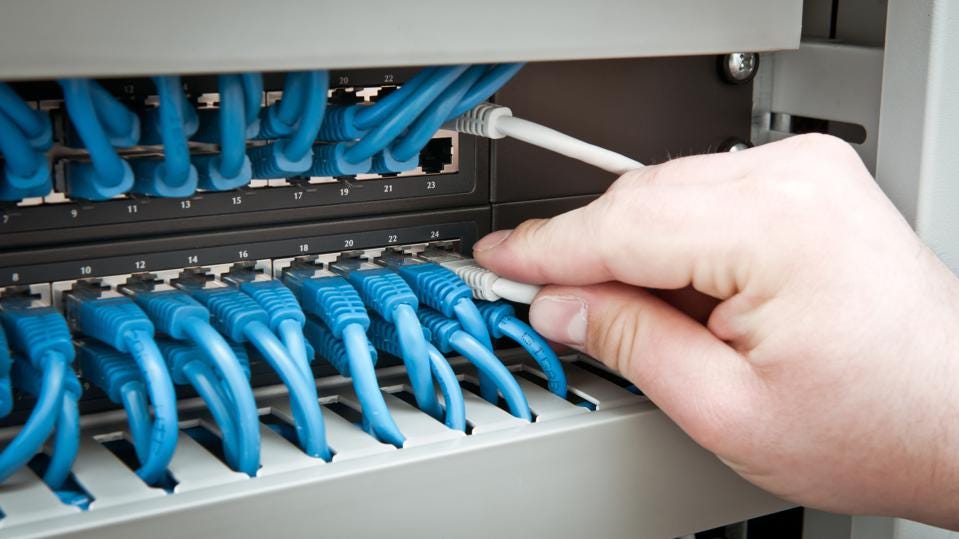
A Guide to Internet Connectivity Solutions
Did you know that about 5.25 billion people have access to and use the internet? This tally translates to 66.2% of the world’s population using the internet.
In recent years, there has been the emergence of many Internet Service Providers (ISP). This has made internet service a commodity served by many providers. Since the end users have had a choice of which ISP to use, there has been a heightened competition between ISPs.
Before settling on an internet service provider, you should understand their terms. Here is a guide to internet connectivity solutions that you should consider.
Understand the Meaning of Broadband and Speed

You should know the difference between broadband and speed before settling on an ISP. Broadband is the greatest capacity for transmission across your internet connection. Speed is the maximum transmission rate on the connection.
A commoditized experience means that with constant internet variables, there will be no differences between ISPs. Despite having different internet providers, there is a maximum broadband capacity that no ISP can go over. This means there is no difference between ISPs if they offer the greatest bandwidth.
Before settling into internet connectivity solutions, you should know these terms. This knowledge will help you discern what ISP has the best terms of use.
ISP Traffic on the Line
Terms provided by one provider will vary with another one. In this case, you should discern the terms before deciding. The most common blind spot is the traffic volume on the line or contention.
Throughput measures how much information can be processed at a given time. Therefore, high data transmission on the same line by an ISP is a sign that you may experience lagging in internet connectivity.
Some internet access solutions will have a contention level of 1:4, meaning that four recipients will share the same data capacity. This is a reasonable throughput speed offered by the ISP.
However, if the traffic ratio of the ISP results in a slower throughput, you should seek another internet connectivity solution.
Service Level Agreements (SLA)

A service level agreement is a document that binds the quality of internet access offered by an ISP to the consumer. If an ISP does not meet the documented guarantees, the consumer has a right to sue the internet providers. However, only some types of internet access will result in an SLA being drawn.
The ISP will draw up an SLA if you seek Dedicated Internet Access (DIA). One of the conditions will guarantee uptime greater than 99.999%. However, conducting due diligence on their uptime on other clients may aid in making your decision.
Dedicated internet access may be the best option for a business that demands a faster and huge throughput. DIA offers premium yet uninterrupted line internet connectivity to your premises. This means that you do not have to factor in other businesses using the same internet line as you do.
The SLA drawn is similar to any internet service provider’s DIA connection. This is because they all provide direct providence of internet access to you. However, for other types of connection, it is unlikely to have any guarantees drawn.
Downtime Response Time
With internet connectivity, downtime is inevitable. However, how fast the issue is resolved is key to determining the ISP you choose to get internet access from.
As an internet commodity user, you ought to know your options in case of such events. The ISP should also be equipped to handle downtime in case of an occurrence. The ISP should have a help center that is operational 24/7.
It would help if you considered the mean time to repair (MTTR) taken by an internet provider to resolve the event leading to downtime. DIA-connected users receive a prioritized response in case of downtime.
Although some ISPs will guarantee a 99% uptime, the downtime effect on your end will determine the damage a downtime can cause. A 99% uptime will translate monthly downtime of seven hours. You should use a different ISP if your business cannot stand losing that much time.
Avoid Long term Contracts

In the technological era, change is inevitable. This is why you should not over-commit to a service provider.
With a change in internet commodity market forces, the prices of a package you are receiving may drop. With a long-term contract, you will only be able to enjoy reduced prices if you terminate the contract.
A 12-to-24-month contract is good enough for a business receiving the internet as a commodity. Besides, there is no harm in renewing your contract. Also, with many ISPs providing the commodity, long-term offers are bound to come up.
Internet Commodity Procurement
A wide range of Internet service providers has emerged, making it confusing for internet seekers to settle on a provider. However, everyone has a set of commodity specifications that they are after. On the contrary, no ISP can comprehensively meet all the expectations.
Therefore, it is important to know the commodity providers in your environment before deciding. Taking note of the above-discussed points before settling on an ISP will help you to make an informed choice.
